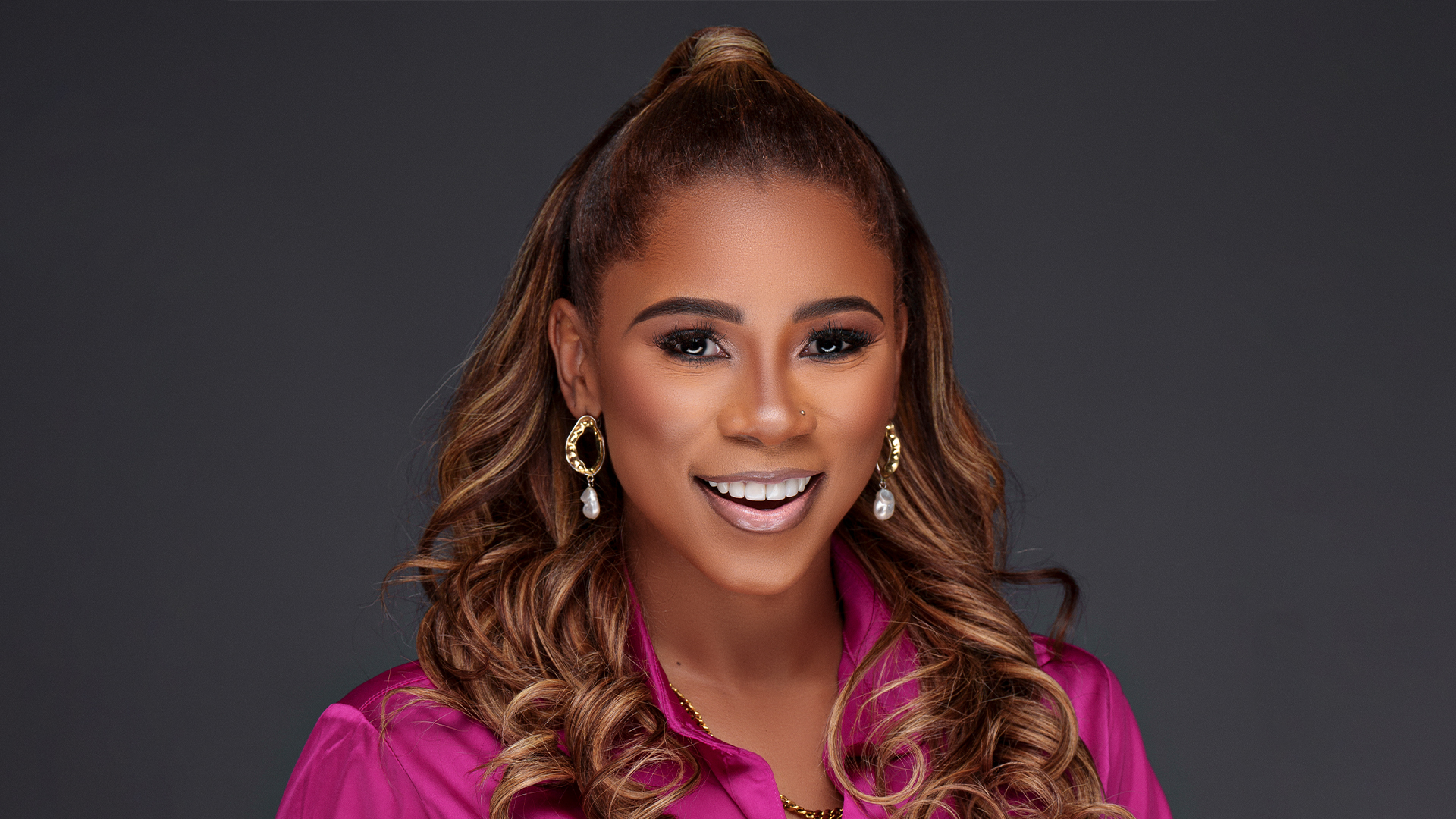Business coach Precious Azuree is helping Black-led organizations measure their impact.
Precious Azuree Group
The Houston, TX, native has been leading her own coaching business for more than a decade. The pathway nearly fell into her lap upon graduating from high school as a self-taught web and graphic designer and blogger. Quickly gaining a reputation for social media marketing, many began to reach out to Azuree for her services, which evolved into the launch of the Precious Azuree Group, originally established as a project management and branding agency.
“I was working with influencers, helping small business owners develop their brand identity, monetize their brand, build out their teams,” she told AFROTECH™ in an interview.
Through her business, she worked with a myriad of clients which included Stacy Ike Inc., earning them over $100,000 in brand deals, as well as Essence Festival, AT&T, Pantene, and Regal Cinemas, on social media strategics that enhanced their brand engagement by 40%, her LinkedIn notes.
By 2019, she shifted from branding to personal and business development and began to focus more on consultation services.
“I’m a creative at heart, so I know how to bridge the gap between creative and business, from the vision to reality, all of the in-between,” she expressed.
Measure
The transition was inspired by her role at data activism platform Measure, which occurred nearly three years into launching the Precious Azuree Group. In 2017, she had the opportunity to join the nonprofit dedicated to advocating for social change and social justice through data. She was asked to sign on as a co-founder and its chief communications officer and served in this role for two years before she was promoted to vice president and creative director.
“Now this is something like volunteer grassroots, starting from the bottom… My first full year was 2020. And so navigating the challenges that the world, that the U.S. is going in at that time, and building a growing organization from finance to operations, to marketing and communications and storytelling, it was definitely a chapter of growth,” Azuree said. She revealed that through this experience, she gained valuable insights into the importance of effective impact measurement for organizations led by Black, Brown, and Indigenous communities.
“[There] are a lot of orgs doing the work, but they don’t necessarily have the data support or evaluation resources to be able to submit for grants and get more funding,” she explained.
Measure recognized 79% of Black organizations in the Austin area did not have a system to manage metrics and track impact, according to a 2021 report. To create better comes, Measure has supported its organizations through 3,000 hours of free data support hours over the course of five years, which has led to the implementation of “community-led solutions, community impact metrics, and data collection plans,” per information shared with AFROTECH™.
Their research earned them support from MIT Solve, the Social Science Research Council, and Philanthropitch. This assistance contributed to the development of Ignite — a tech platform that tracks racial equity metrics, logs organizational impact, and connects organizations for funding and collaboration opportunities.
“We also realized that a lot of organizations that we were supporting, because we do impact measurement, they were doing similar work. We’re helping them design metrics in partnership with the community, and we were like, ‘Hey. You guys should probably partner or collaborate on a grant,'” Azuree recalled. “So, we had an amazing volunteer that took on the idea of what would it look like for us to create a platform for us to be able to have this resource available to the orgs that we serve.”
This falls under Measure’s method of evaluation which allows them to help organizations design their metrics to better tell their story. From there, it shares metrics within their communities in hopes that it will land into the hands of policy makers, community members, or funders.
Testimonials
Among their collaborators includes Anthony Jackson, who is helping the homeless population through his nonprofit organization We Can Now. He was unable to obtain a sustainable grant for nearly 10 years, Azuree says. After working under the Measure CARE Model, which tailors solutions around an organization’s needs, he was able to measure We Can Now’s distribution in central Texas which led to obtaining a grant, the website mentioned.
Similarly to the We Can Now founder, Measure has continued to scale their impact work to benefit others past the Austin area, having reached surrounding cities including Houston. Beyond Texas, their efforts have reached California, Alabama, Florida, and more recently the United Kingdom.
“There was this cool organization out in London… and they’re focused on merging STEM and art and entertainment together. The founder found us online during the pandemic because we were elevating a lot of data around protecting Black girls and adultification bias, which is our passion program because we’re Black women and we’re like, ‘We need to elevate the data to ensure Black girls are protected.’ So, through doing that work, we’ve been able to expand our reach beyond Texas,” the Measure VP explained.
What’s Next
Looking ahead, Azuree says Measure intends to scale the number of people interested in protecting Black girls as she views them as “the proxy for change.” She also outlines additional metrics that the nonprofit will target, including investing $1 million into the community to support nearly 40 organizations at no cost, increasing the percentage of policymakers who implement new policies based on their data, and training more community-based researchers.
“Our mission is to use lived experience to be able to empower social change. That’s essentially what we wanna do. We believe lived experience is data. And once we center our research in that, we can actually be able to create social change,” she mentioned.


